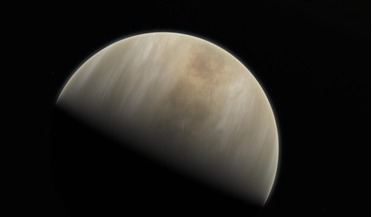 14 July 2021
Phosphine gas on Venus points to volcanism not life, study says
14 July 2021
Phosphine gas on Venus points to volcanism not life, study says
... and post doctoral candidate Ngoc Truong, say actually, there is enough evidence to support volcanoes as the source of phosphine on Venus. Based on data collected from the ground-based, submillimeter-wavelength James Clerk Maxwell Telescope atop...
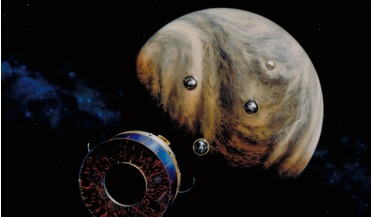 30 September 2020
Another detection of phosphine on Venus possibly found in archival data
30 September 2020
Another detection of phosphine on Venus possibly found in archival data
... of PH3 is perhaps consistent with figures provided by the researchers who made the announcement last week of their phosphine discovery. But, warns another scientist, while more confirmation is needed for a robust detection of PH3, this is not...
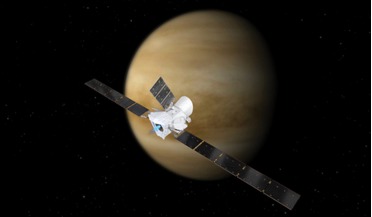 09 October 2020
BepiColombo could search for signs of life as it flybys Venus next week
09 October 2020
BepiColombo could search for signs of life as it flybys Venus next week
... Venus mission and future Venera missions planned by Russia, might get lucky instead. Although the detection of phosphine is not expected, the Planetary Virtual Observatory and Laboratory (PVOL) is asking for amateurs equipped for UV or IR imaging...
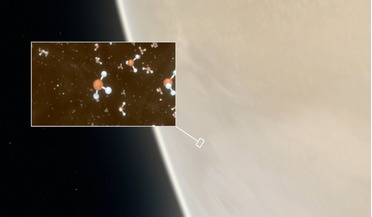 14 September 2020
Possible signs of microbial life found in Venus' atmosphere
14 September 2020
Possible signs of microbial life found in Venus' atmosphere
... in natural environment,” say the authors in their research. Acid could accelerate corrosion and promote the production of phosphine, write the authors and Venus is described as being hyperacidic; its clouds are literally made up of sulphur dioxide...
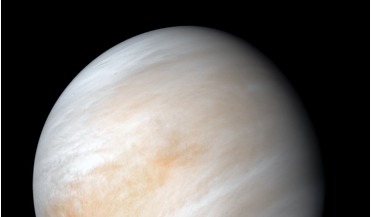 16 September 2020
Breakthrough Initiatives to fund a study into the possibility of aerial life in Venus' atmosphere
16 September 2020
Breakthrough Initiatives to fund a study into the possibility of aerial life in Venus' atmosphere
...produced by biological or human-made processes requiring considerable energy inputs. Although the precise biological mechanisms generating phosphine are unknown, they are associated with the breakdown of organic matter by bacteria, with the gas being...
 30 October 2020
It seems there might not be life on Venus after all, say two new studies
30 October 2020
It seems there might not be life on Venus after all, say two new studies
... is now being called into doubt, as two new studies by separate teams of scientists say there is no clear signal of phosphine (PH3) high in the clouds of our “twin” planet. On 14th September, a team of researchers headed by Jane Greaves at Cardiff...